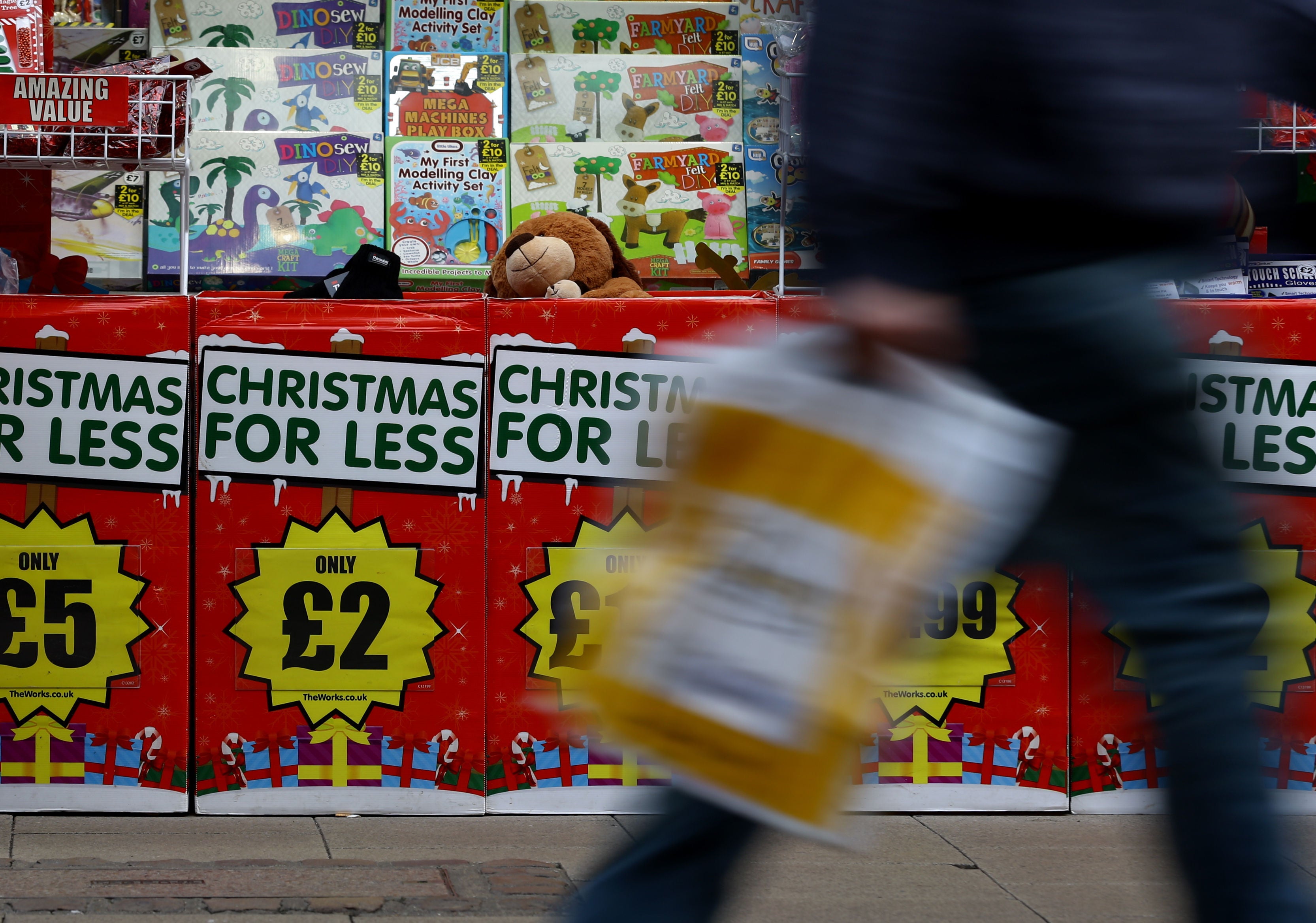Price rises hit Christmas shopping
Overall shop prices rose year-on-year by 0.3% in November, spiking from October’s decrease of 0.4%, figures show.

Christmas shopping is set to be more expensive after November saw overall prices increasing for the first time in two and a half years, figures show.
Overall shop prices rose year-on-year by 0.3% in November, spiking from October’s decrease of 0.4%, according to the BRC-NielsenIQ Shop Price Index.
It is the first time that prices have risen since May 2019.
With food prices rising, and particularly fresh food - which saw the highest inflation since 2019 - we may find some of our Christmas shopping a little more expensive this year.
The increase was driven by rising food prices and the slowing of non-food deflation, with the impact of labour shortages, rising commodity prices and transportation costs taking their toll.
Food was also affected by a rise in global food costs where certain staples, such as vegetable oil, have doubled in price in the past two years.
Fresh food inflation accelerated to 1.2% in November, up from 0.3% in October and the highest rate since August 2019.
Overall food inflation jumped to 1.1%, the highest rate since November last year and up from 0.5% in October.
Meanwhile non-food deflation slowed to 0.1% in November compared with a 1% decline the month before, making it the slowest fall since May 2019.
British Retail Consortium (BRC) chief executive Helen Dickinson said: “With food prices rising, and particularly fresh food – which saw the highest inflation since 2019 – we may find some of our Christmas shopping a little more expensive this year.
“With ongoing labour shortages throughout the supply chain expected to continue for some time, and no signs that rising costs of transport and commodities will subside, we expect the rate of inflation to accelerate over coming months.
“Retailers are doing all they can to mitigate the impacts for their customers, Government also must play its part and work with industry to find long-term solutions to the labour shortages as this will help to relieve cost pressures and protect the pockets of the British public who are already facing mounting costs from increasing energy prices and the looming rise in national insurance.”
Mike Watkins, head of retailer and business insight at NielsenIQ, said: “NielsenIQ shopper research shows that four in 10 households feel that their spending is constrained, and whilst inflationary pressures are now coming from both food and non-food, retailers continue to hold back increases in shop prices ahead of Christmas.”
Bookmark popover
Removed from bookmarks